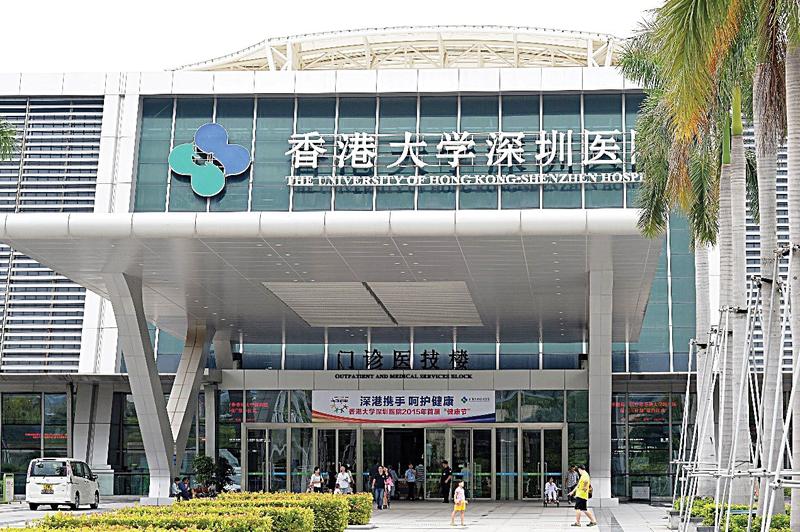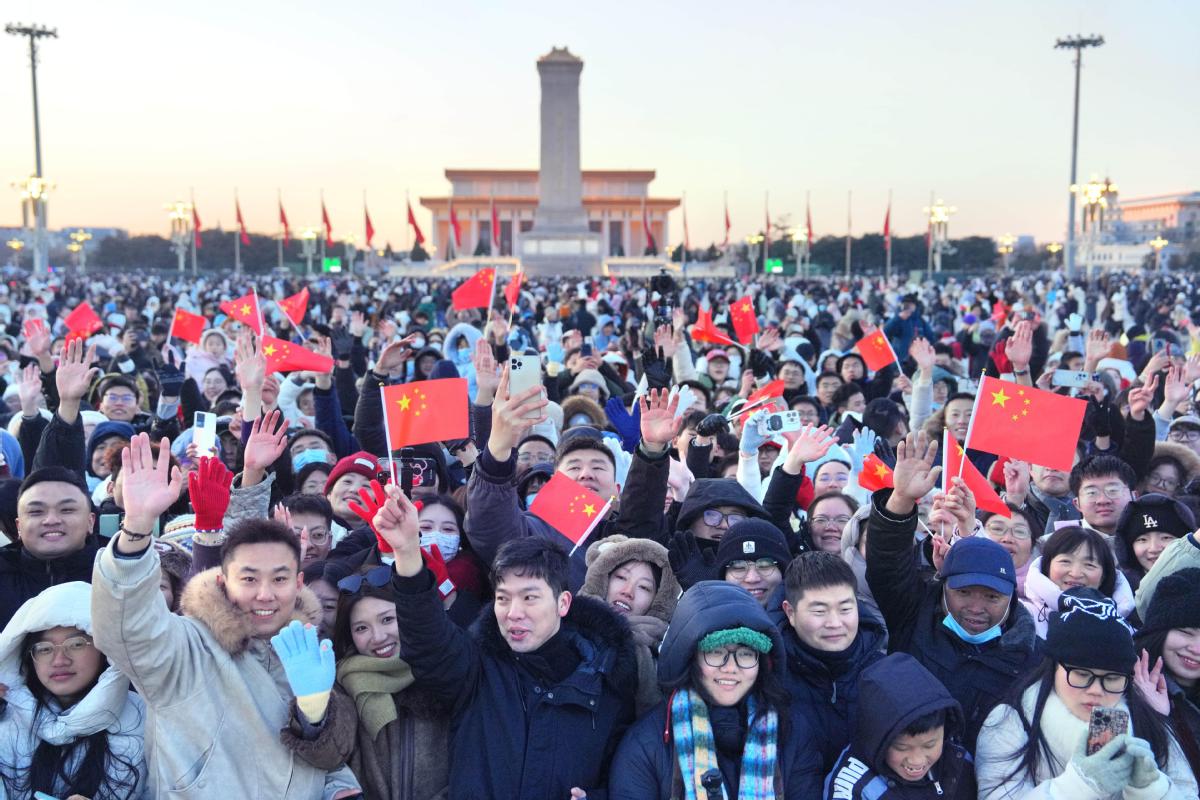Medical cooperation goes deeper amid crisis


Cooperation breakthrough
He said patients may also be allowed to download their personal medical information through Hong Kong's Electronic Health Record Sharing System so that mainland doctors can access their health records.
Cheng hailed the steps taken to address the problems created by the pandemic as a breakthrough in cross-boundary medical services, as offering subsidies and the mutual sharing of patients' medical records are unprecedented.
He believes that after the initiative is implemented, many Hong Kong patients like his grandmother would be spared the inconvenience they had encountered in the past.
Chan Sao-iam, executive director of the Mainland Consultation Services Centre at the Hong Kong Federation of Trade Unions, welcomed the move as good news for Hong Kong patients who cannot return to the SAR for treatment during the pandemic.
For those who're unable or unwilling to be quarantined in Hong Kong, they could only rely on mainland doctors or the FTU's medical delivery services.
According to Chan, the FTU has helped to deliver medicines to more than 22,000 Hong Kong patients on the mainland during the pandemic. The patients said that Hong Kong hospitals have refused to prescribe medication since July for those who haven't been attended to by doctors for a long time.
For patients seeing mainland doctors, there've been various problems due to the different medical systems between Hong Kong and the mainland, particularly the lack of medical insurance and the inability to share patients' medical history.
Ko Shing-chu — a 75-year-old Hong Kong resident in Shenzhen — faces the same dilemma. He used to be prescribed medicine for his heart problem by Hong Kong's public hospitals, but after undergoing coronary surgery on the mainland, he needs a new type of medicine to help in his recovery.
But as Hong Kong hospitals refuse to offer the new medicine, Ko needs to spend HK$800 a month getting the medicine in Shenzhen and having medical checks — eight times more than what he would pay in Hong Kong. So far, his medical bills on the mainland have come up to about HK$160,000.
Sharing medical records
Ko said the sharing of medical records will enable mainland doctors to better assess the condition of their patients. He explained that due to problems like memory and language, it's hard for Hong Kong patients to explain their medical history to doctors clearly and comprehensively.
Kevin Wong Kiu-fung, a surgeon at North District Hospital in Sheung Shui, said the initiative represents a major step forward in cross-boundary medical collaboration.
He said it's hard to see a breakthrough amid the pandemic although the government has been mulling subsidizing Hong Kong patients on the mainland and the sharing of medical records for a long time.
This shows that the pandemic has not hindered cross-boundary collaboration as some people thought, but instead, it has deepened ties, said Wong.
He cited the successful completion of the Universal Community Testing Programme for COVID-19 that involved about 6,000 Hong Kong medical workers, including himself, and some 600 mainland counterparts, saying it has offered valuable experiences for future collaboration in pandemic prevention.
Medical institutions on both sides could seize the opportunities created by the pandemic and explore further innovative collaboration, such as the application of telemedicine that enables medical consultations to be carried out through online video calls, Wong said.
- Investigation report released on e-bike fire that killed 8 in Southwest China
- Understanding Xi's vision of China and the world through New Year message
- 'Artificial sun' experiment finds way to break plasma density limit
- China reports 20% rise in inter-regional trips on first day of holiday
- China welcomes New Year in style
- Shanghai park holds ceremony for newly-arrived African penguin chick



































